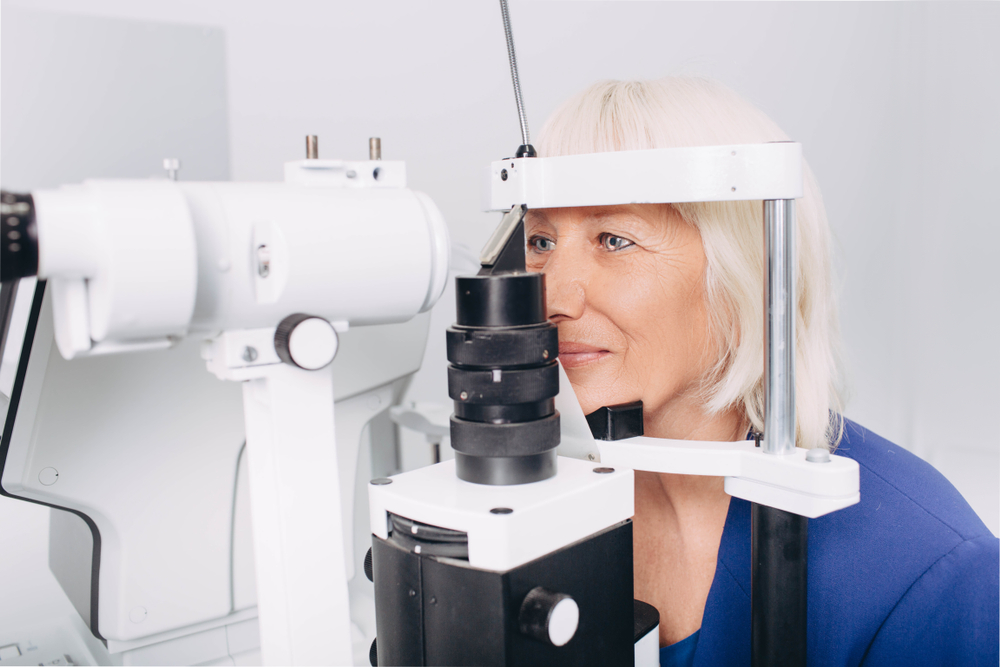
Diabetic retinopathy is a significant concern for individuals living with diabetes, as it can lead to vision loss if not managed properly. This article will provide an in-depth look at diabetic retinopathy, its stages, and the various treatment and management options available. Furthermore, we will discuss strategies for maintaining optimal eye health and the importance of diabetes control in managing diabetic retinopathy. By understanding and implementing these strategies, individuals living with diabetes can work towards preserving their vision and overall eye health.
What is Diabetic Retinopathy
Diabetic retinopathy is a common complication of diabetes that affects the blood vessels in the retina, the light-sensitive tissue at the back of the eye. High blood sugar levels can damage these blood vessels, causing them to leak, swell, or even close off entirely. In some cases, abnormal new blood vessels may grow on the retina. These changes can lead to vision loss or even blindness if left untreated.
There are four stages of diabetic retinopathy:
Mild Nonproliferative Retinopathy: This is the earliest stage, characterized by small areas of swelling in the retina's blood vessels, called microaneurysms. At this stage, there is typically no significant impact on vision.
Moderate Nonproliferative Retinopathy: As the disease progresses, the blood vessels become more damaged, and some may close off, restricting blood flow to the retina. This can lead to changes in vision.
Severe Nonproliferative Retinopathy: In this stage, more blood vessels become blocked, depriving the retina of necessary nutrients and oxygen. This can trigger the growth of new, abnormal blood vessels.
Proliferative Diabetic Retinopathy (PDR): This is the most advanced stage, characterized by the growth of new, fragile blood vessels on the retina. These vessels can leak blood into the vitreous (the clear gel-like substance that fills the eye), causing vision problems. If left untreated, PDR can lead to retinal detachment and blindness.
Diabetic Retinopathy Treatments and Management
The appropriate treatment for diabetic retinopathy depends on the stage of the disease and the severity of the damage to the retina. Early detection and timely intervention are crucial in preventing vision loss. Some treatment options include:
Medical Management: Controlling blood sugar levels, blood pressure, and cholesterol is essential in managing diabetic retinopathy. This can help slow the progression of the disease and prevent further damage to the retina.
Laser Treatment: In some cases, laser therapy may be used to treat diabetic retinopathy. This involves using a laser to create small burns on the retina, which can help seal leaking blood vessels and reduce swelling. This can be used to treat both nonproliferative and proliferative diabetic retinopathy.
Vitrectomy: In more advanced cases, a surgical procedure called a vitrectomy may be necessary. This involves removing the vitreous gel from the eye and replacing it with a saline solution. This can help clear blood and scar tissue from the eye, improving vision.
Anti-VEGF Injections: For some individuals, injections of anti-VEGF (vascular endothelial growth factor) medication may be an effective treatment option. These medications help to inhibit the growth of abnormal blood vessels and reduce leakage from damaged vessels, helping to preserve vision.
Strategies for Maintaining Optimal Eye Health
In addition to appropriate medical treatment, there are several strategies that can help individuals with diabetes maintain optimal eye health and prevent the progression of diabetic retinopathy. These include:
Maintaining Good Blood Sugar Control
This is the most critical factor in preventing diabetic eye problems. Regularly monitoring blood sugar levels and keeping them within the target range can significantly reduce the risk of developing diabetic retinopathy.
Managing Blood Pressure and Cholesterol
High blood pressure and high cholesterol can increase the risk of diabetic retinopathy. Managing these conditions through medication, diet, and exercise can help protect the blood vessels in the retina.
Eating a Balanced Diet
Consuming a diet rich in fruits, vegetables, whole grains, lean proteins, and healthy fats can provide the necessary nutrients for optimal eye health.
Exercise
Regular physical activity can help improve blood circulation, which is essential for maintaining healthy blood vessels in the retina.
Regular Eye Check-ups and Monitoring
One of the most crucial aspects of managing diabetic retinopathy is regular eye examinations. Individuals with diabetes should have a comprehensive dilated eye exam at least once a year, or more frequently if recommended by their healthcare provider. Early detection of diabetic eye problems can help prevent vision loss and allow for timely intervention.
In addition to regular check-ups, individuals with diabetes should be vigilant about monitoring their vision for any changes. If you notice any sudden changes in your vision, such as blurring, floaters, or flashes of light, contact your healthcare provider immediately.
Importance of Diabetes Control in Managing Diabetic Retinopathy
As previously mentioned, maintaining good blood sugar control is critically important in managing diabetic retinopathy. High blood sugar levels can damage the blood vessels in the retina, leading to vision loss. The longer an individual has diabetes, and the less controlled their blood sugar levels, the higher the risk of developing diabetic retinopathy.
Along with blood sugar control, managing other aspects of diabetes, such as blood pressure and cholesterol levels, is also essential in protecting the eyes from diabetic eye problems. By focusing on overall diabetes management, individuals with this condition can greatly reduce their risk of developing diabetic retinopathy and other complications.
Conclusion
Managing diabetic retinopathy involves a combination of medical treatment, lifestyle modifications, and regular eye care. By understanding the stages of diabetic retinopathy and the various treatment options available, individuals with diabetes can take the necessary steps to maintain optimal eye health and prevent vision loss. With advancements in medical technology and a greater understanding of the disease, the future outlook for managing diabetic retinopathy is promising.
For more on managing diabetic retinopathy, visit Hedges Eye Care at our Newberry, Florida office. Call (352) 306-1103 to schedule your eye exam today.








